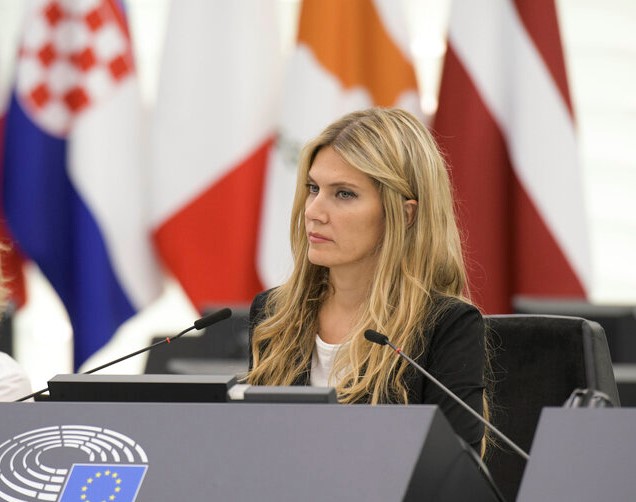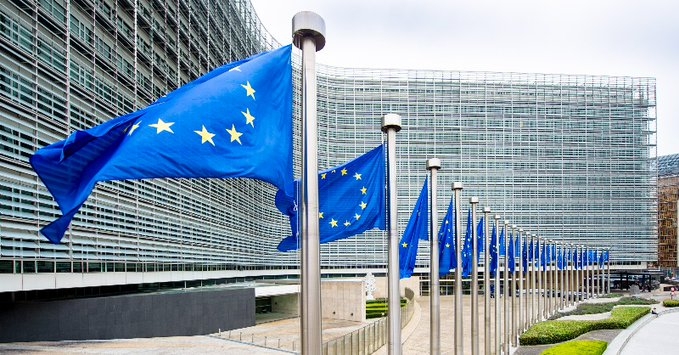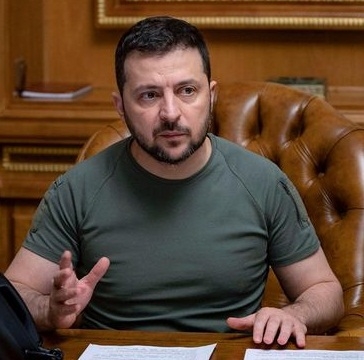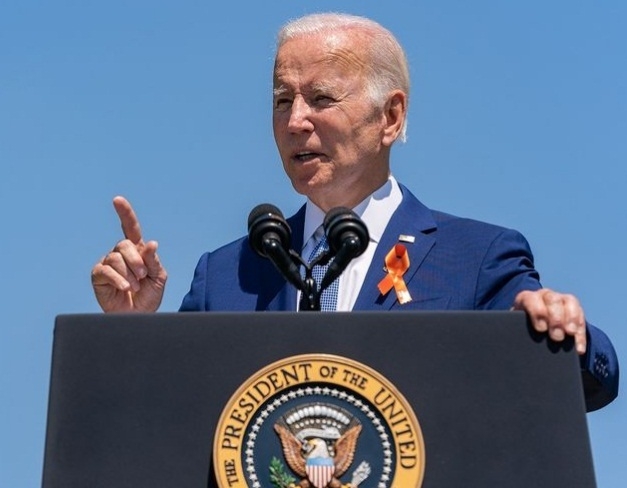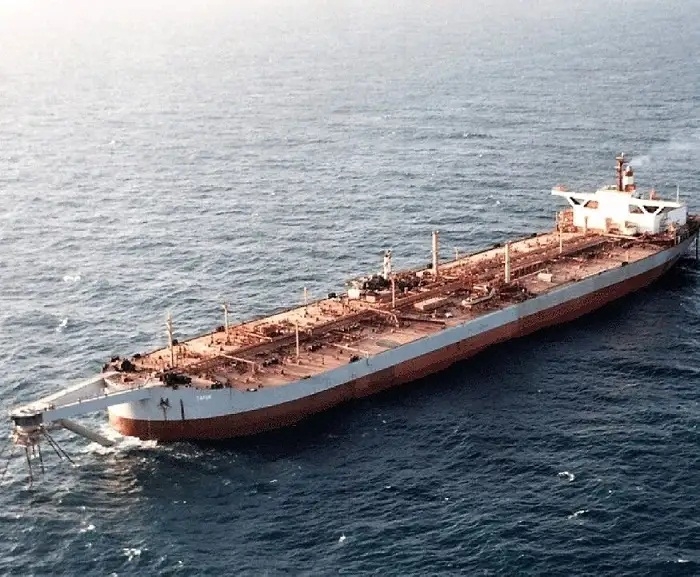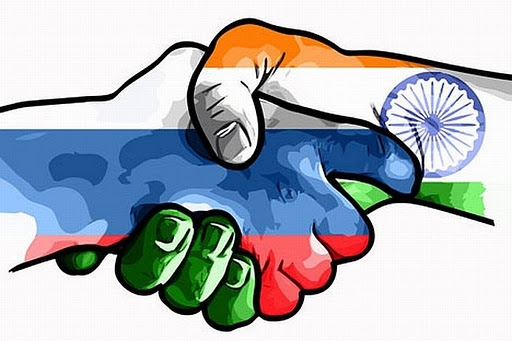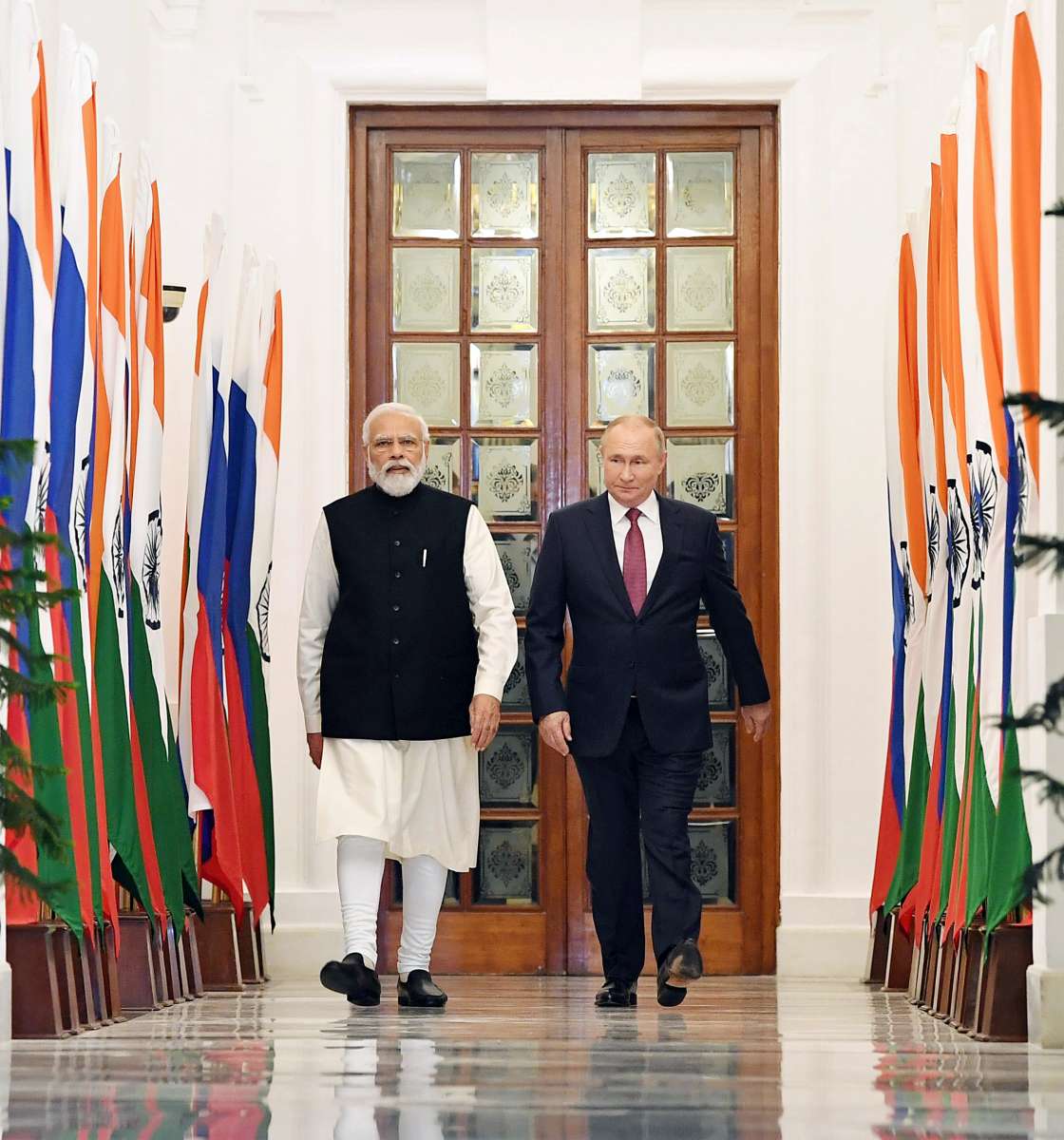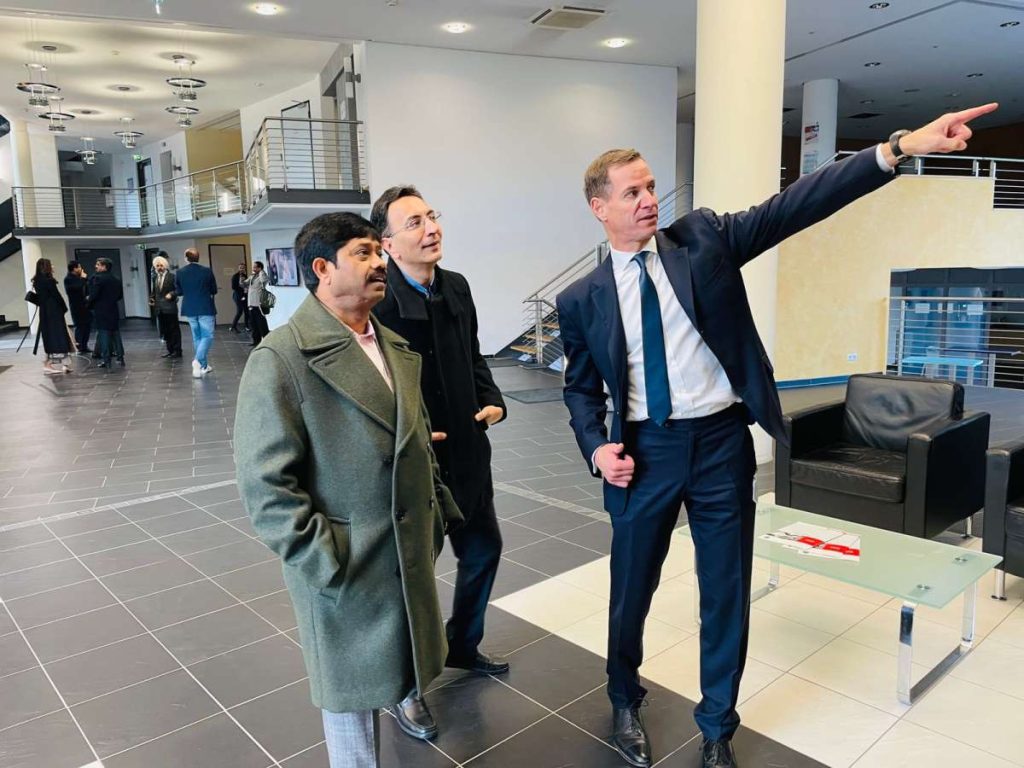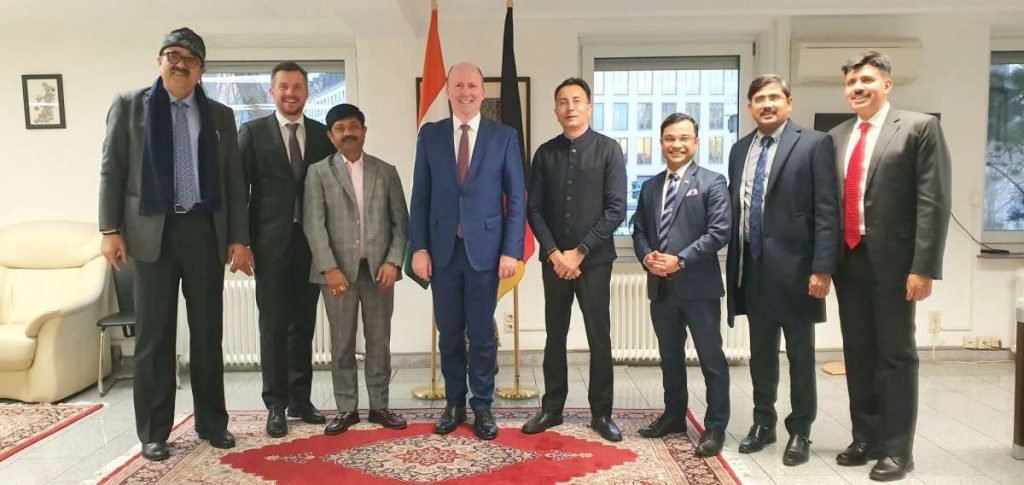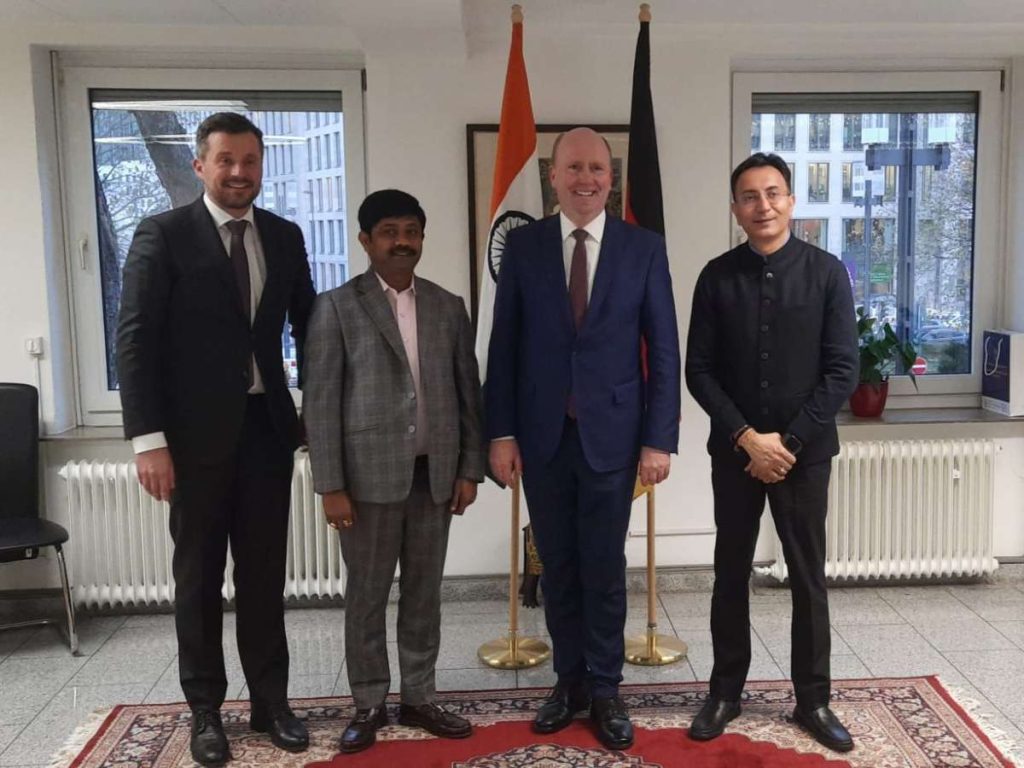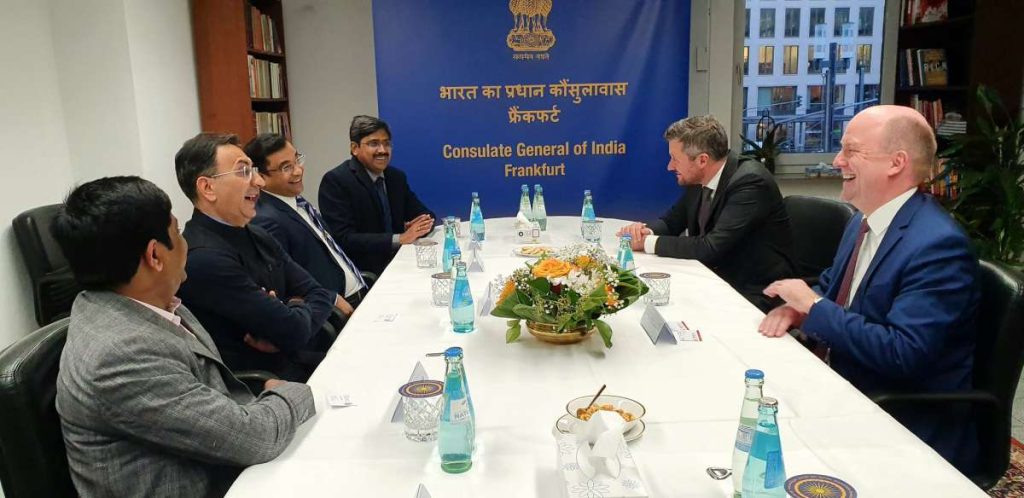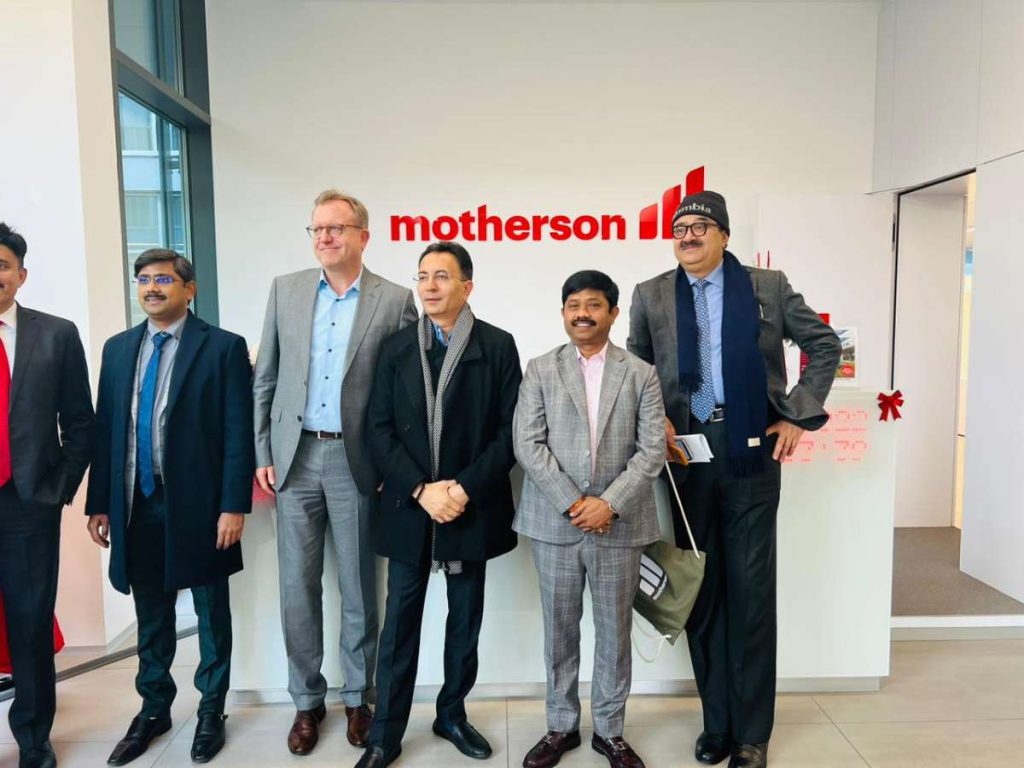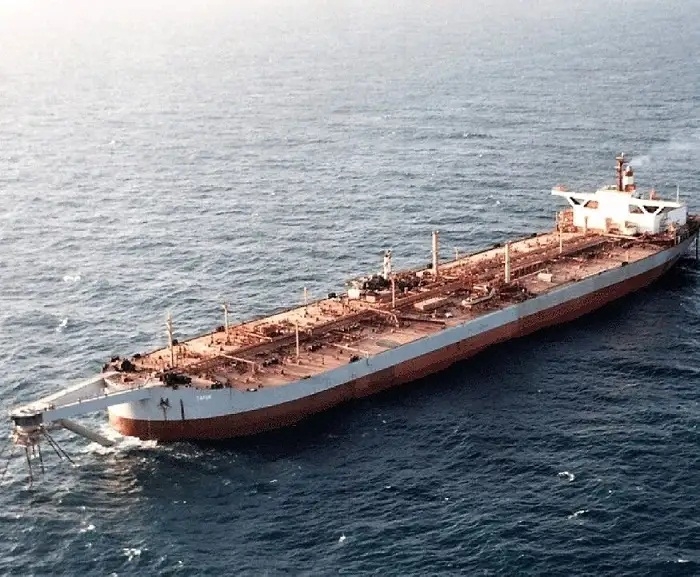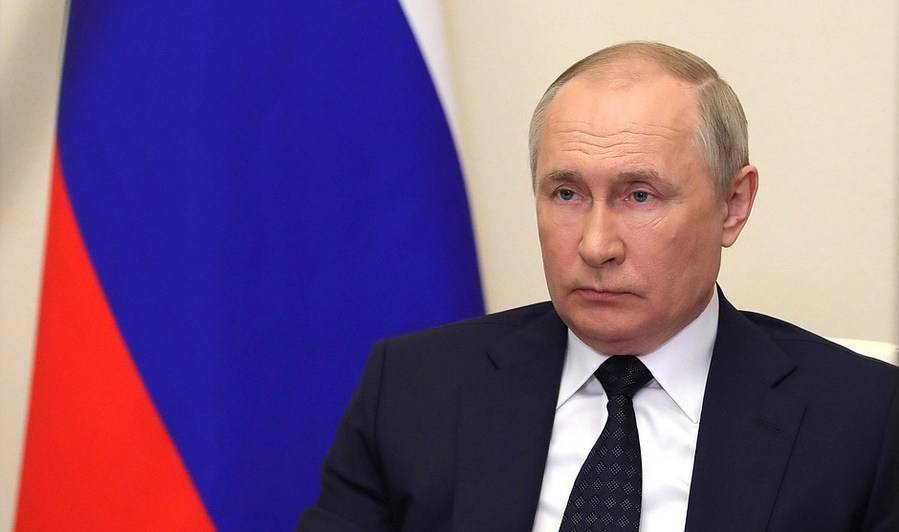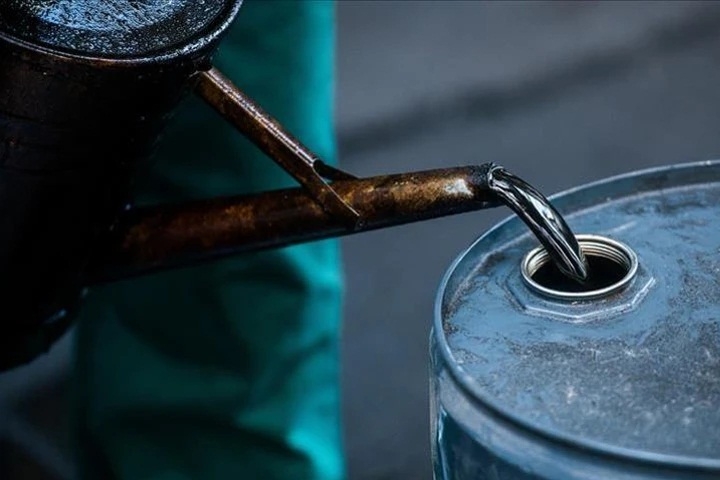The decision over Eva Kaili, embroiled in a corruption probe that allegedly involves World Cup hosts Qatar, was taken on Tuesday…reports Asian Lite News
Greek MEP Eva Kaili was stripped of her position as a vice president in the European Parliament. The decision over Kaili, embroiled in a corruption probe that allegedly involves World Cup hosts Qatar, was taken on Tuesday morning, according to European Parliament President Roberta Metsola.
Her ousting as vice president was rubber-stamped by MEPs who overwhelmingly backed the motion with 625 in favour, one against and two abstentions. A two-thirds majority was needed.
It comes after Belgian police made fresh raids on Monday including one on a European parliamentary office as the corruption investigation widened.
In a statement, Belgium’s Federal Prosecutors Office said that the IT resources of ten parliamentary staff had been “frozen” to prevent the “disappearance of data necessary for the investigation”. They went on to say that the purpose of the search at the European Parliament was “to seize this data”.
The bloc’s top politicians have strongly condemned the corruption scandal that is shaking the EU legislative body. The EU Parliament President Roberta Metsola spoke about the “enemies of democracy for whom the very existence of this Parliament is a threat, will stop at nothing”.
“A total of 20 searches have been carried out since the beginning of the operations, including 19 in private homes and the one in the offices of the European Parliament,” the Belgian investigators concluded.
The sums seized during the searches carried out so far are spectacular: “€600,000 at the home of one of the suspects, several hundred thousand euros in a suitcase in a Brussels hotel room and around €150,000 in a flat belonging to a Member of the European Parliament,” according to the federal prosecutor’s office.
In a strongly-worded speech, Metsola spoke of “malign actors, linked to autocratic third countries [that] have allegedly weaponised NGOs, unions, individuals, assistants and Members of the European Parliament”.
Four people arrested, including Kaili, have been charged with corruption and money-laundering.
European Commission President Ursula von der Leyen, the head of the EU’s executive arm, said the accusations against Kaili threatened the confidence EU citizens have put in the 27-nation bloc’s institutions.
She said the independent ethics body she proposed establishing would cover lobbying activities at the European Commission, the European Council and European Parliament, as well as at the European Central Bank, the European Court of Justice and the European Court of Auditors.
Doha has rejected any allegations of misconduct saying that “any association of the Qatari government with the reported claims is baseless and gravely misinformed”.
Socialist MEPs step down
The socialist group in the European Parliament has asked several of its members to step down from key posts and legislative files as the graft scandal involving, Kaili, continues to widen and send shockwaves through Brussels.
The Socialists & Democrats (S&D), the second largest formation in the hemicycle, has come under intense scrutiny after Kaili was arrested on suspicion of illicit lobbying in favour of a Persian Gulf state, believed to be Qatar, the controversial host of the 2022 FIFA Men’s World Cup.
The move follows a new update by the Belgian federal prosecutor, who in a press release said the IT resources of ten parliamentary had been “frozen” to prevent the disappearance of data. A total of 20 searches have been carried out since Friday, with more than €750,000 seized.
Four people, including Kaili, remain in custody and will appear before a pre-trial hearing on Wednesday.
“My group and myself are shocked by this corruption case,” S&D President Iratxe García Pérez told reporters on Tuesday morning. “I want to make it clear that our commitment to transparency is, has been and will always be absolute.”
García expressed her “disappointment” and said her main concern was to protect the Parliament’s credibility, which, she said, must not be “tarnished” by the revelations.
“We have decided that the MEPs who are being investigated or those whose assistants are being investigated by law enforcement relinquish any position of responsibility that they exercise in the Parliament and in the S&D group as long proceedings are ongoing,” García said.
It is unclear how many of these MEPs took the decision on their own terms or were asked to step aside by the S&D leadership. Euronews has reached out to all of them asking for comment.
Maria Arena denied any “special relation” with the Qatari government and said her removal as subcommittee chair relates to one of her assistants, who used to work for the NGO Fight Impunity, an organisation involved in the corruption scandal.
The president and founder of Fight Impunity, former S&D MEP Pier Antonio Panzeri, was one of those arrested alongside Kaili. The organisation does not appear under the EU’s transparency registry.
“This is a personal decision in the interest of the work of the commission,” Arena told Euronews.
“Temporarily, I will not chair the sub-committee until the investigation clarifies the position of my assistant who, I remind you, is only concerned by this case by the fact she carried out a consultancy for the NGO Fight Impunity as an independent expert specialist in governance issues in Africa and, at that time, she was not my assistant.”
ALSO READ-EU, Hungary strike deal to end logjam over Ukraine aid

